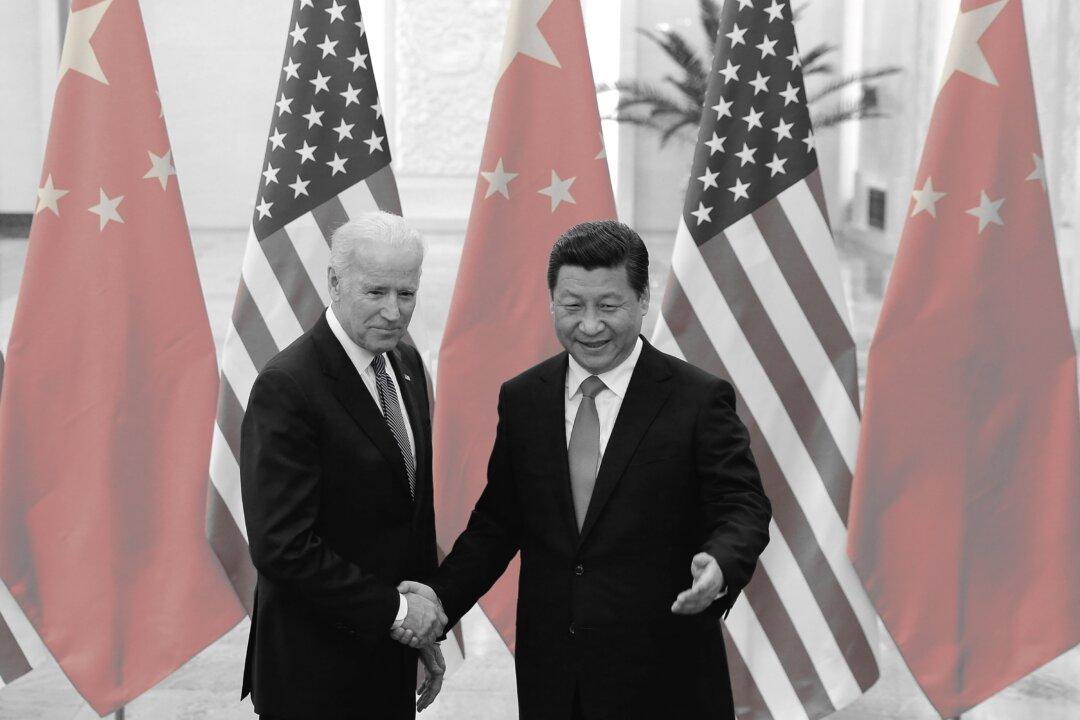Commentary
Chinese leader Xi Jinping attempted to reinforce the legitimacy of the People’s Republic of China (PRC) during a speech on Oct. 25 to commemorate the PRC’s admission to the United Nations 50 years ago.

Chinese leader Xi Jinping attempted to reinforce the legitimacy of the People’s Republic of China (PRC) during a speech on Oct. 25 to commemorate the PRC’s admission to the United Nations 50 years ago.